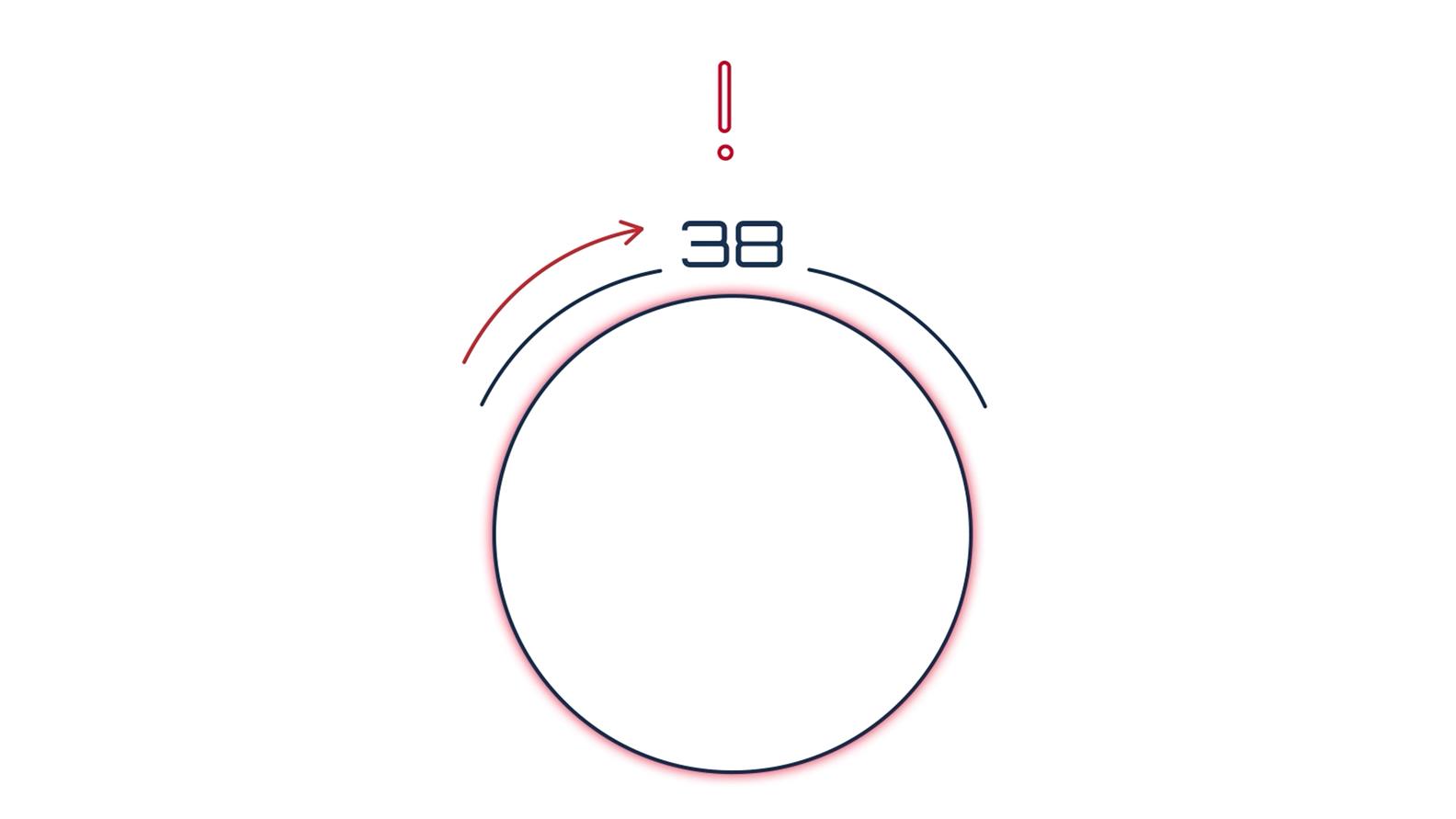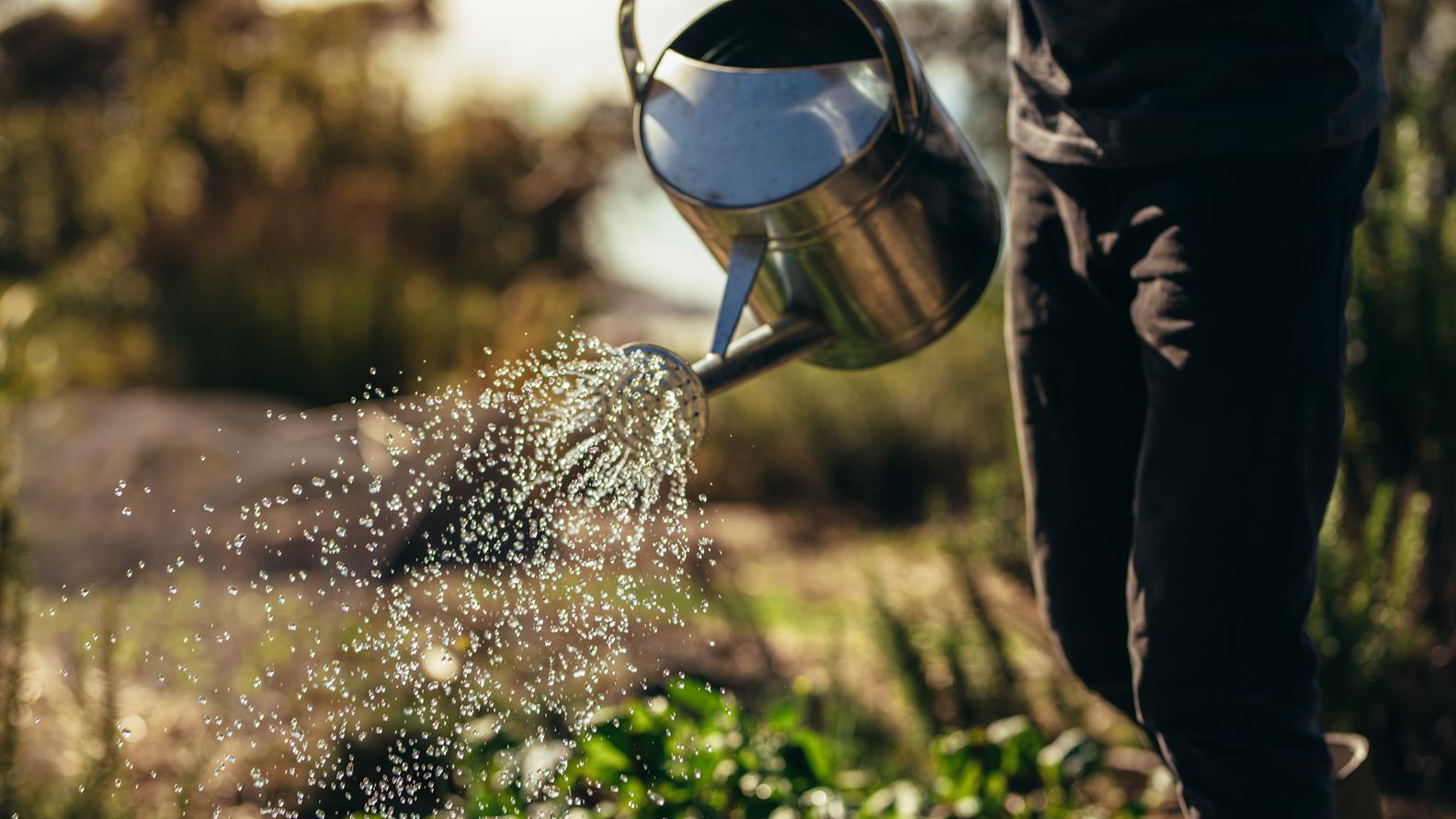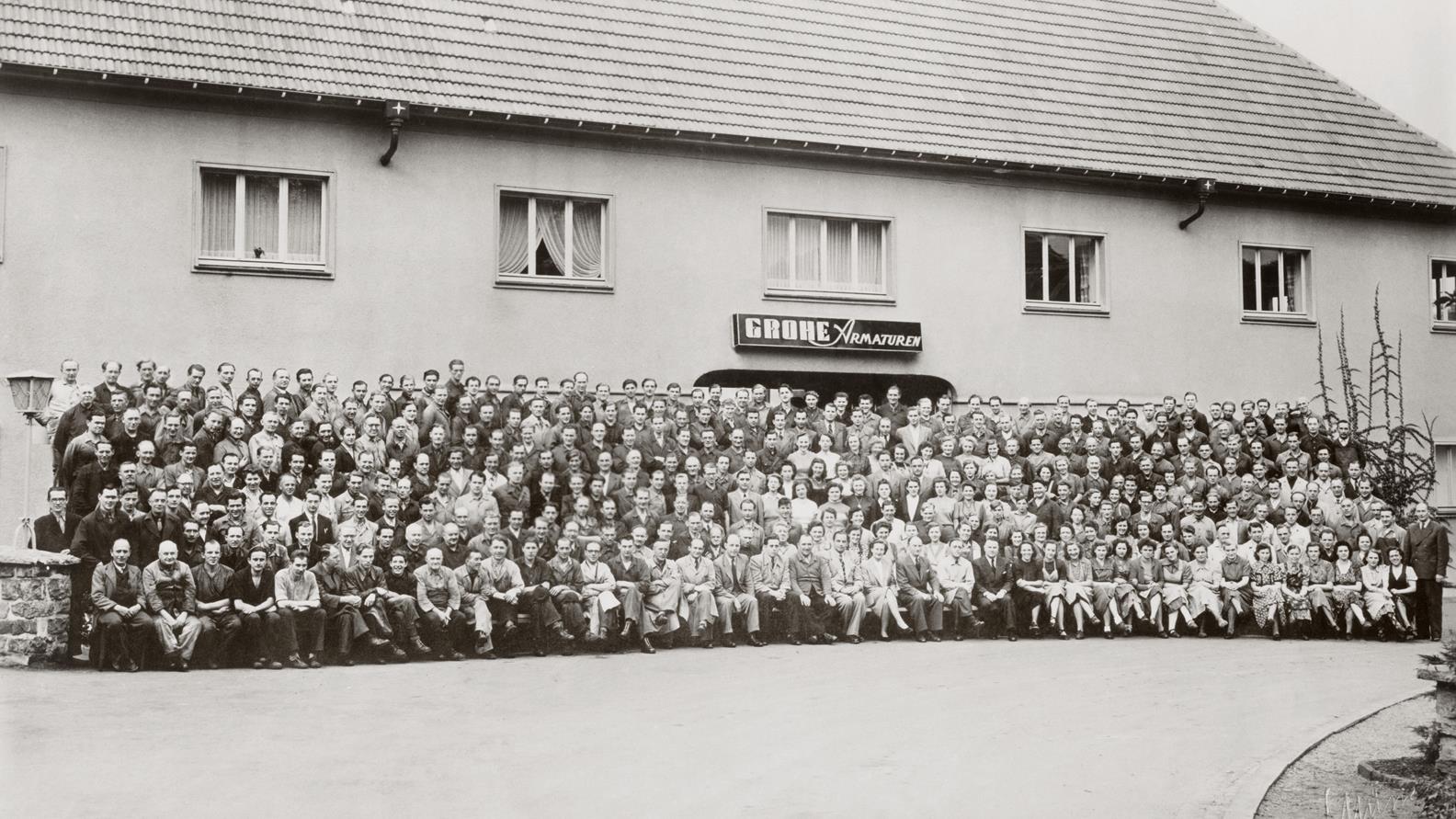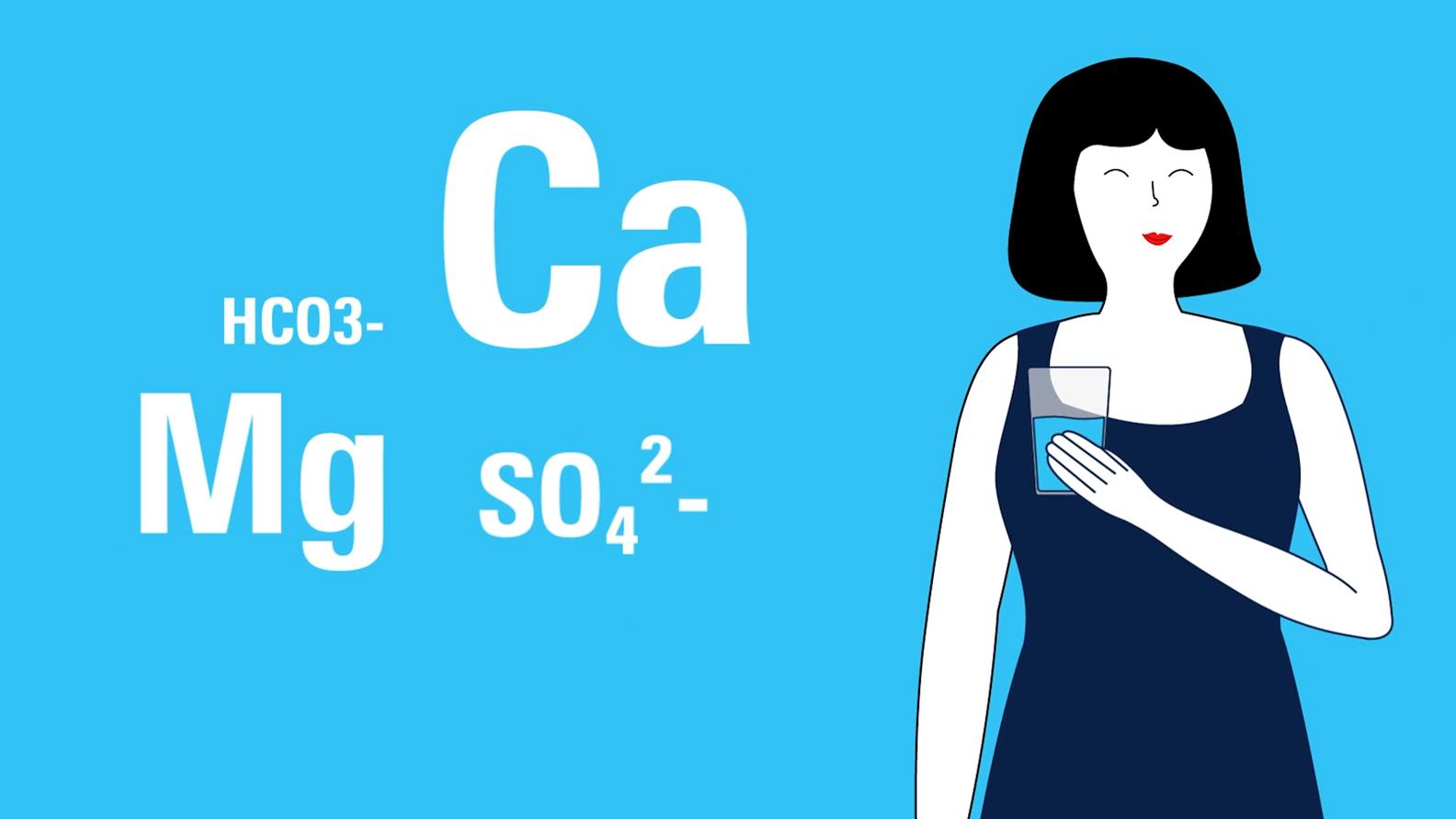Save the date – World Toilet Day 2021
How LIXIL and UNICEF are tackling the global sanitation crisis
In most cases, a clean and safe toilet is part of the basic equipment of one’s home. But unfortunately, far too many still do not own one. Sanitation is a universal human right and everyone has the right to a toilet. The annual World Toilet Day, which takes place on 19th November 2021, puts a spotlight on the importance of toilets and everyone’s right to physical and affordable access to sanitation. This global initiative was officially launched by the United Nations in 2012 in order to help break taboos around toilets and make sanitation for all a global development priority. This year, the theme is valuing toilets. The World Toilet Day campaign draws attention to the fact that toilets are underfunded, poorly managed or neglected in many parts of the world [1].
World Toilet Day Facts – Why a toilet is a lifesaver?
One-fifth of the global population – or more precisely 1.7 billion people – has no access to a basic toilet and 494 million still practice open defecation regularly [2]. 700 children under five die every day from diarrheal diseases caused by unhygienic water and sanitation. Toilets and handwashing at home and schools can truly save lives and are crucial to keep children healthy and prevent the spread of diseases. Further, the lack of sanitation services has a particular impact on women and girls who are exposed to the threat of violence and harassment, and the COVID-19 pandemic has exacerbated the vast inequities in access to water, sanitation, and hygiene.
How can sanitation be improved when there is no access to safe, hygienic toilets?
As a pioneering maker of water and housing products, LIXIL knows that toilets can change lives. Applying its design expertise in toilet design, LIXIL’s SATO brand provides game-changing solutions, not only on World Toilet Day, especially for this purpose. SATO’s Toilet Solutions are a range of simple, aspirational yet affordable products for the unique challenges of emerging countries. SATO products range from a variety of squat toilet pans to toilet stools, and components that include connection systems such as the V-Trap and I-Trap systems. As a social business, SATO is also helping to create the sanitation economy, where communities play a vital role in bringing sustainable change.
How does the SATO Toilet Solution work?
The SATO toilet pan brings the benefits of a flush toilet to pit-latrine users. It’s signature counterweight trapdoor opens when water is poured after use, flushing waste into the pit. The counter-weight trap door closes immediately which helps keep odors and flies away.
How can vulnerable communities obtain safer sanitation and access to the SATO Toilet?
The ”Make a Splash!” partnership builds on UNICEF and LIXIL’s respective strengths to deliver on a shared ambition to accelerate progress towards the Sustainable Development Goal (SDG) 6 to end open-defecation and ensure sanitation for all by 2030. The collaboration is groundbreaking as it combines UNICEF’s Water, Sanitation and Hygiene (WASH) sector leadership with LIXIL’s global water and housing expertise in design and innovation. As UNICEF changes people’s attitudes with the help of the World Toilet Day campaign, to open-defecation and using poor quality, unsafe facilities, the demand for better toilets grows. However, there is a shortage of locally appropriate solutions. Through the ‘Make A Splash!’ partnership, LIXIL acts as a first-mover on markets with its simple and affordable SATO toilets. SATO stimulates the development of sanitation markets, tests customer behavior and prompts research and development of sanitation solutions. In the long term, this will encourage other players onto the market and foster better services and innovate new products at different price points.
LIXIL has set a target of improving the livelihood of 100 million people through its sanitation and hygiene initiatives by 2025 [3].
World Toilet Day Campaign – What has the “Make A Splash!” partnership achieved?
To date, the partnership and World Toilet Day activities have impacted 2.9 million people, transforming the lives of children and their families. This year, the “Make A Splash!” partnership is also expanding to three of the most populous countries - India, Nigeria, and Indonesia. As part of LIXIL’s brand portfolio, GROHE further raised a considerable sum of more than 1.2 million euros for the “Make A Splash!” partnership with a dedicated sales campaign that took place in 13 countries across EMENA to help provide children with access to a toilet both at home and in school.
And what about SATO’s overall engagement?
In general, SATO aims to be a self-sustaining social business by establishing a local Make-Sell-Use cycle in the community – creating jobs and allowing local manufacturers and stakeholders to continue the business independently to help communities continuously improve sanitation.
Beyond the “Make A Splash!” partnership, SATO social business has shipped over 5.1 million toilet units to 41 countries, contributing to improved sanitation for 25 million people since 2013 [4]. But that is not enough: every World Toilet Day, LIXIL reaffirms its commitment to improve the livelihood of 100 million people by 2025 through its sanitation initiatives, and bold partnerships represent a decisive factor in achieving its goals.
Find out more about the “Make A Splash!” partnership and the SATO Toilet System via the following links:
https://www.lixil.com/en/makeasplash/
https://www.sato.lixil.com/
*UNICEF does not endorse any company, brand, product or service.
2. As defined in the Joint Monitoring Programme, "Progress on household drinking water, sanitation and hygiene, 2000-2020" (sum of Open defecation, Unimproved and Limited).
3. LIXIL’s Corporate Responsibility https://www.lixil.com/en/sustainability/approach/sanitation.html
4. Estimated on the assumption there is an average of five users for every SATO unit shipped, as of July 2021.




